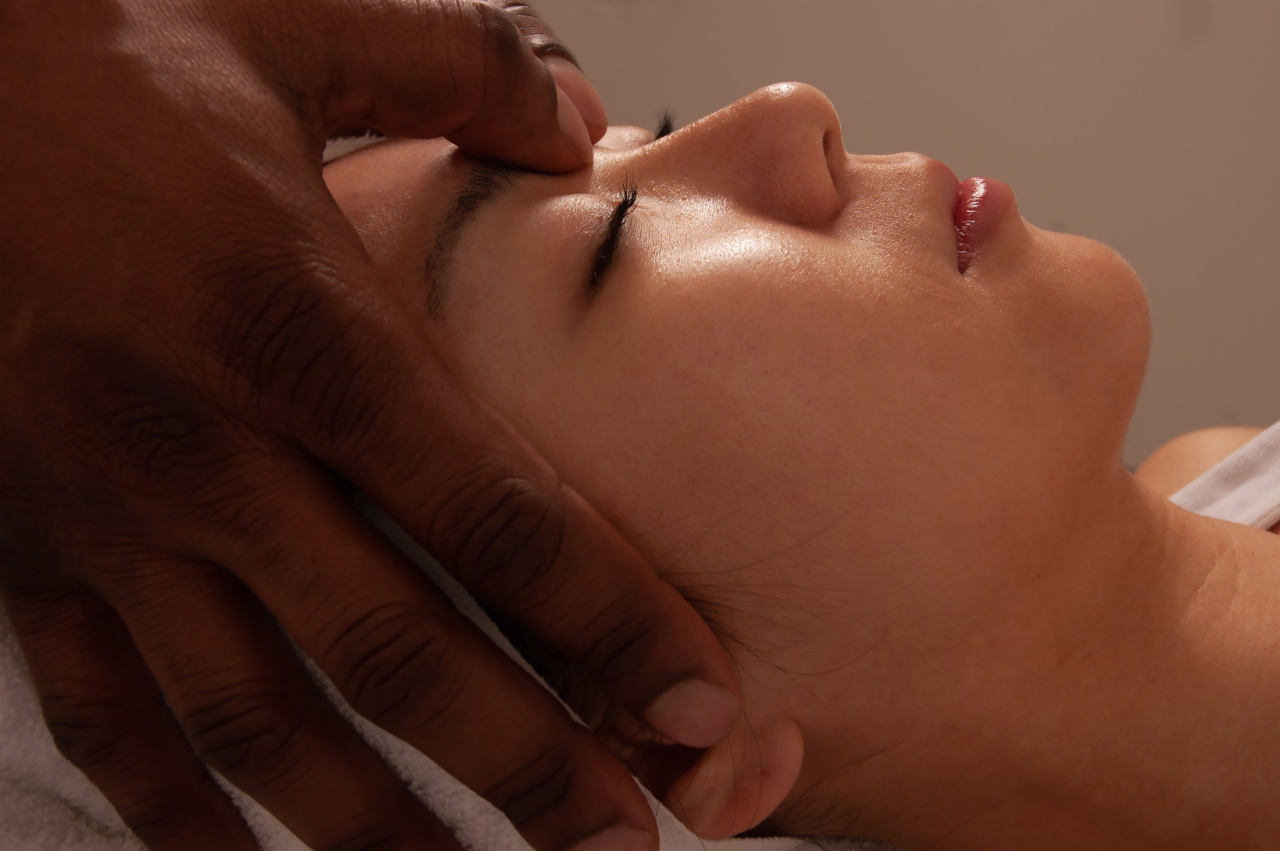Wearing masks has become an essential part of our lives in the midst of the COVID-19 pandemic. However, while masks are effective in preventing the spread of the virus, they can also cause skin irritations and other uncomfortable problems.
In this article, we will explore some common causes of mask-related skin irritation and provide helpful tips for relief.
1. Types of Mask-Related Skin Irritation
There are several types of skin irritation that can arise from wearing masks:.
a) Acne Breakouts: Wearing a mask for long periods can create a warm and moist environment, leading to clogged pores and acne breakouts.
b) Contact Dermatitis: Some individuals may develop redness, itching, or a rash due to an allergic reaction to the mask material or its components.
c) Pressure Sores: Prolonged pressure and friction from the mask’s straps or edges can cause skin breakdown, resulting in pressure sores.
d) Dryness and Irritation: Masks can absorb moisture from the skin, leading to dryness, flakiness, and overall irritation.
2. Causes of Mask-Related Skin Irritation
Understanding the causes of mask-related skin irritation can help you prevent and manage these issues:.
a) Friction: The constant rubbing of the mask against the skin can damage the protective barrier, leading to irritation and inflammation.
b) Moisture and Heat: Masks create a warm and moist environment, which can result in sweat accumulation and increased skin humidity.
c) Allergies or Sensitivities: Some individuals may be allergic or sensitive to certain mask materials, such as latex, elastic, or certain dyes.
d) Poor Mask Fit: Ill-fitting masks can cause additional friction and rubbing, increasing the risk of skin irritation.
3. Tips for Preventing Mask-Related Skin Irritation
Prevention is always better than cure when it comes to mask-related skin irritation. Here are some useful tips:.
a) Choose the Right Mask: Opt for masks made of soft, breathable materials like cotton instead of synthetic fabrics. Look for masks labeled as “hypoallergenic” or “skin-friendly.”.
b) Cleanse Your Face: Cleanse your face before wearing a mask to remove excess oils and dirt that can contribute to clogged pores and breakouts.
c) Moisturize: Apply a lightweight, non-comedogenic moisturizer before wearing a mask to create a barrier between your skin and the mask. This will help reduce friction and irritation.
d) Avoid Makeup: Try to avoid wearing heavy makeup or foundation under your mask, as it can further clog your pores and worsen irritation.
e) Proper Mask Fit: Ensure that your mask fits snugly but comfortably against your face. Avoid pulling the straps too tightly, as this can cause pressure sores.
f) Take Breaks: Whenever possible, take short breaks from wearing your mask to allow your skin to breathe and recover. Be mindful of maintaining physical distancing during these breaks.
g) Wash Reusable Masks: If you are using reusable masks, wash them regularly with a mild detergent to remove excess oils, sweat, and bacteria.
h) Check for Allergies: If you suspect that you have an allergy or sensitivity to your mask, try switching to a different material or consult a dermatologist for professional advice.
4. Treating Mask-Related Skin Irritation
If you already have mask-related skin irritation, here are some steps to help alleviate the discomfort:.
a) Cleanse Gently: Use a mild, fragrance-free cleanser to wash your face and avoid scrubbing aggressively. Pat your skin dry gently with a clean towel.
b) Apply a Soothing Moisturizer: Look for moisturizers with ingredients like aloe vera, chamomile, or hyaluronic acid to soothe and hydrate irritated skin.
c) Use Ointments or Balms: For specific areas of irritation, you can apply ointments or balms containing ingredients like zinc oxide or petroleum jelly to create a protective barrier.
d) Avoid Further Irritants: During your skin’s healing process, avoid using harsh skincare products, fragrances, or exfoliants that may exacerbate the irritation.
e) Consult a Dermatologist: If your skin irritation persists or worsens despite trying various remedies, it is advisable to seek professional help from a dermatologist.
5. The Importance of Mask-Wearing
While mask-related skin irritation can be bothersome, it is crucial to remember the importance of wearing masks for public health. Masks play a vital role in reducing the spread of respiratory droplets and protecting ourselves and others from COVID-19.
With proper care and preventative measures, you can minimize mask-related skin irritation and continue to prioritize your health and the well-being of those around you.






























